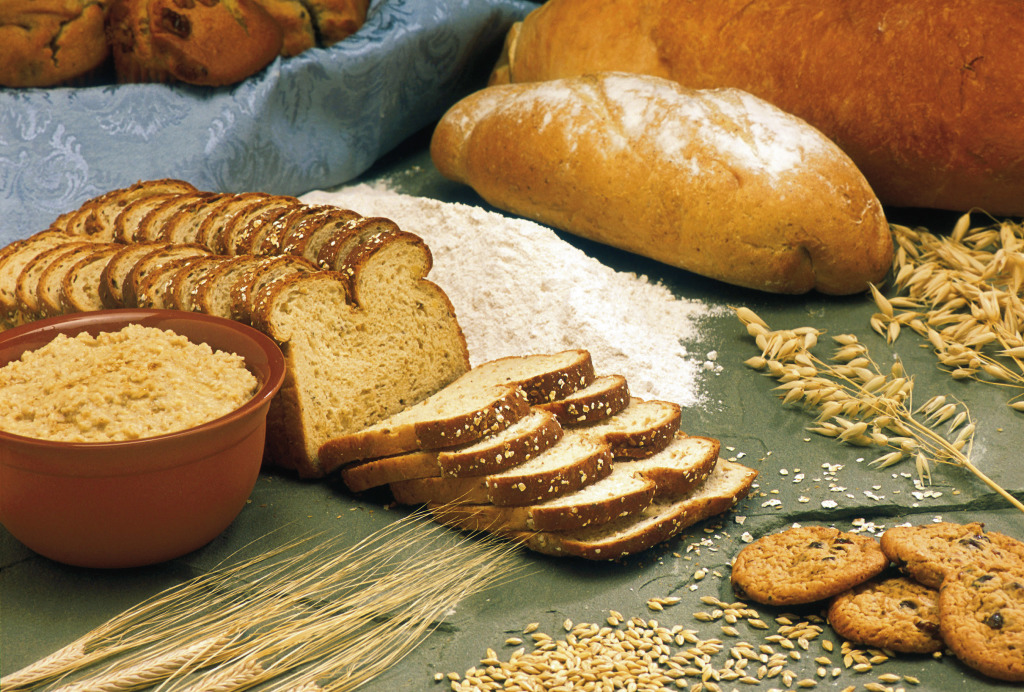Some thoughts and discussions from me.
The other day I was chatting on the phone with a friend who is doing the very popular 21 Day Fix – and swears by it. Since a couple of my online clients have done it in the past, and incorporate parts of it into our coaching, I asked her to explain it all to me.
After she finished talking about the color-coated containers, the calories, and the “cheats,” I responded:
“Oh, so it tricks you into eating less!”

Really any “fad” diet out there that facilitates weight loss does the same. It’s not always necessarily a bad thing (I actually like the idea of the color-coated containers!) but essentially if it promises to facilitate weight loss, getting toned, or shredding fat, it tricks you into eating less -whether it’s the paleo diet, vegan diet, a fast, the 21 day fix, or any other “diet” out there.
Eliminating Food/Food Groups
With the 21 Day Fix, it has you place your food in color-coated containers and limits how much you can eat. With a diet to the likes of the paleo diet, for example: it takes away all processed foods, a good amount of carbs and sugar that you most likely have eaten all of your life, not to mention all milk, cheese, and ice cream. Taking away that much food often leads to a calorie deficit. With fasts or cleanses, there’s a LOT that’s being eliminated from the diet.
The result? You lose weight, albeit potentially temporarily. It’s not because carbs make you fat, or because food not in pre-portioned containers prevents you from losing weight, and it’s especially not because losing weight means you need to replace chewable food with juice for a week or two (Don’t get me started.) It’s because you’re consuming fewer calories, one way or another.
I actually first heard Alan Aragon, a highly regarded researcher and author in the fitness field, refer to this phenomenon of fad diets fooling you into eating fewer calories on the Fit Cast (my favorite podcast) and it was such a DUH moment!
[Tweet “Why Fad Diets Work via @trainerpaige”]
Calories Matter
The thing is, with most of these diets, they claim that “calories don’t matter!” (the 21 Day Fix does have some sort of calorie calculation, so it’s not included here,) so you really don’t know how many calories you’re consuming – and they do matter. They’re not the only factor that play into the equation, but they’re the main contender. You might be shedding weight quickly after eliminating certain food groups from your diet, but it’s important to know how much energy you’re intaking a) so you know you’re eating enough and b) so you know what to do when that weight loss stops (provided weight loss is your goal.)
They also typically allow you to eat more protein and fiber, both of which are very filling and satiating, not to mention they burn more calories in digestion, thus increasing metabolism.
The Problem with it
This is great if you prefer the foods allowed on whichever diet you’re doing, but the problem comes if/when you start to miss the foods that you’ve cut out.
Additionally, if the type of diet you’re eating just leaves you not feeling well – sluggish, tired, run down, or hormonal – chances are it won’t/shouldn’t be a long-term way of eating.
When I work with my clients, no single food is off limits. We come up with a plan primarily based on portions and macros, depending on the mindset, lifestyle, and personality of the client, and alter as needed after an in-depth analysis. I’m not saying this is the only way to do things for everyone, but it’s a sane and balanced approach, and one that can be carried on as a lifestyle.
Whatever you do, I implore you to not let food have more power than it needs to over you. It’s food. Food to enjoy, to nourish, and yes, to fuel. That’s it! It’s only when we give it the power to induce guilt, obsession, and anxiety that it does. In the words of Jill Coleman, you can have a cookie and still like yourself afterward 🙂
Note: the point of this post is NOT to harp on any certain diet. It’s simply to explain why and how they work 🙂
[efb_likebox fanpage_url=”yourtrainerpaige” box_width=”250″ box_height=”” colorscheme=”light” locale=”en_US” responsive=”0″ show_faces=”1″ show_header=”1″ show_stream=”0″ show_border=”1″ ]


Love this post! I hate hearing my friends talk about certain ‘diets’ because of course you’re going to lose weight if your dropping a whole food group. I just wish we could all wrap our heads around heating well balanced meals and through some delicious ‘not so great for us’ foods in there too! Instead we just have grumpy unhappy ladies, who look amazing or on their way to looking amazing but are STARVING 🙁
You and me both, girl!!
Fantastic post!!! Absolutely agree – great way to explain it to clients as well. Diets just trick you into eating less, but, they don’t necessarily do anything to help make it a lifestyle or to help food not have so much control.
Exactly!
Paige, this is one of my favorite posts of yours! I’ve often thought that clearly, eliminating carbs or fat or whatever it is is simply a matter of calorie restriction, and yet everyone is all “ITS NOT ABOUT CALORIES”. Sure, quality counts, but it’s still there. Excellent thoughts!
Jen @ Bagels to Broccoli recently posted…Links I Like #11: 1.16.15
Wow, I couldn’t agree with this post more!! And that comes from someone who works at a weight-loss office that emphasizes a high-protein/low carb (basically keto) diet. Patients do very well in the beginning when they’re excited and motivated, but eventually just regain the weight back when it comes time to face social pressures or the holiday season. It’s so psychological, and I believe that complete restriction from ANYTHING is a bad idea.